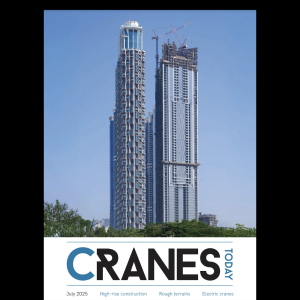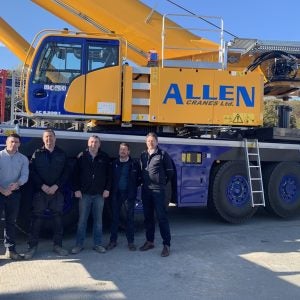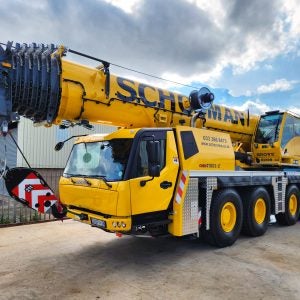The Wind Harmony project has been tasked by the European Commission to analyse health and safety regulations and related standards impacting wind energy both onshore and offshore and assess their potential for harmonisation.
The implementing consortium includes Eclareon, WindEurope and the Renewables Consulting Group. The organisations behind the Wind Harmony project recently held an online seminar to outline the conclusions of their work and their likely recommendations to the European Commission. But ESTA is worried that its members’ fears about safety on onshore projects—exacerbated by the increasing size and weight of new generations of turbines—are being downplayed.
In his letter, Klijn wrote: “Of course, all work to improve safety is to be welcomed. But I am writing now to express some concerns.” He said that Wind Harmony seems to be focussed primarily on the offshore sector, even though the onshore industry is much bigger and he added: “Lifting, transportation and construction subjects were excluded from the final list of priority recommended topics to be submitted to the European Commission.
“It is our strong belief that these activities are responsible for many safety incidents. Assuming that the key objective of the Wind Harmony project is to improve safety in the whole wind industry—from manufacture to installation, operation and decommissioning—then we feel it must analyse current incidents and accidents and their causes, onshore as well as offshore.”
Klijn also stressed that early engagement with the supply chain is a crucial factor in improving safety standards. “From ESTA’s perspective, that means early engagement with transportation and lifting companies—an issue of increasing importance due to the growing size of wind turbines.”
His comments come in the wake of the publication earlier this year of ESTA’s “Best Practice Guide for Transport and Installation of Onshore WTG Systems”. The guide was produced with support from VDMA Power Systems—the arm of the German engineering association whose members include most of the major turbine manufacturers—and the crane manufacturer members of FEM, the European Materials Handling Federation. Copies of the guide can be downloaded free from ESTA’s website at http://www.estaeurope.eu/BPGwind






